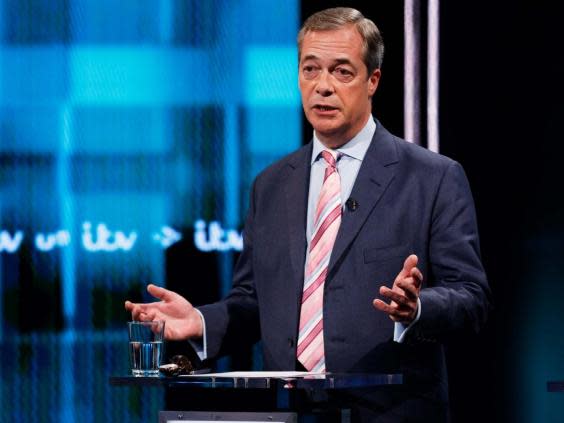General election: Why did Boris Johnson call the vote and how will it affect Brexit?

Millions of voters are heading to the polls today for a snap general election, as a deeply divided country hopes it will pave the way for a resolution to Brexit.
The vote will be the third election since 2015, when David Cameron’s Conservatives unexpectedly won a majority and called the fateful EU referendum.
Why are we having another general election?
Boris Johnson called the election after parliament blocked his plans to take the UK out of the EU.
MPs voted to approve the prime minister’s Brexit deal in October, but rejected his attempt to fast-track it through the Commons in order to hit the deadline of the end of the month.
Upon taking office, Mr Johnson made a great play of leaving the EU “do or die” on October 31, subsequently declaring he would rather be “dead in a ditch” than request a new extension.
However, MPs’ refusal to allow him to ram the deal through the House of Commons with minimal scrutiny forced him to ask the EU to delay Brexit until January 31.
Mr Johnson is now calling on voters to deliver a commanding Tory majority, promising it would allow him to bring an end to what he describes as “unrelenting parliamentary obstructionism”.
However, critics have speculated his strategy all along was to force the crisis to the point of an election, in order to restore the majority lost by Theresa May in her disastrous 2017 campaign.
Why is it happening so soon after the last election?
The last election took place in June 2017, called by Ms May in an attempt to increase the Tories’ slim majority and strengthen her hand in negotiations with the EU.
Her gamble backfired, however, as the Conservatives lost their majority, resulting in a hung parliament which left Ms May reliant on a confidence-and-supply agreement with the Democratic Unionist Party (DUP) in Northern Ireland.
Ultimately, it left her unable to get her Brexit deal through, as Tory rebels – including, on more than one occasion, Mr Johnson – voted with opposition MPs.
Mr Johnson has subsequently faced many of the same difficulties since replacing Ms May as prime minister earlier this year, with opposition parties voting down many of his proposals.
General elections are meant to take place once every five years, meaning the next poll would ordinarily have taken place in May 2022.
But under the Fixed-Term Parliament Act, snap votes can be triggered with the backing of three-quarters of MPs.
In the end, Mr Johnson’s bill calling for an election on December 12 was voted through by an overwhelming 438-20 margin after opposition parties agreed to go to the polls.

How will the election affect Brexit?
That remains unclear. In fact, the election could end up producing a parliament as divided as the previous one.
Labour, the SNP and the Greens are all in favour of a second referendum, while the Liberal Democrats have pledged to cancel Brexit altogether.
If these parties end up making significant gains, they could continue to frustrate Mr Johnson’s plans and prompt further turmoil in Westminster.
But the prime minister will be boosted by the Brexit Party’s decision not to stand to stand aside in Tory-held seats, reducing the risk of splitting the Eurosceptic vote.

 Yahoo News
Yahoo News 
